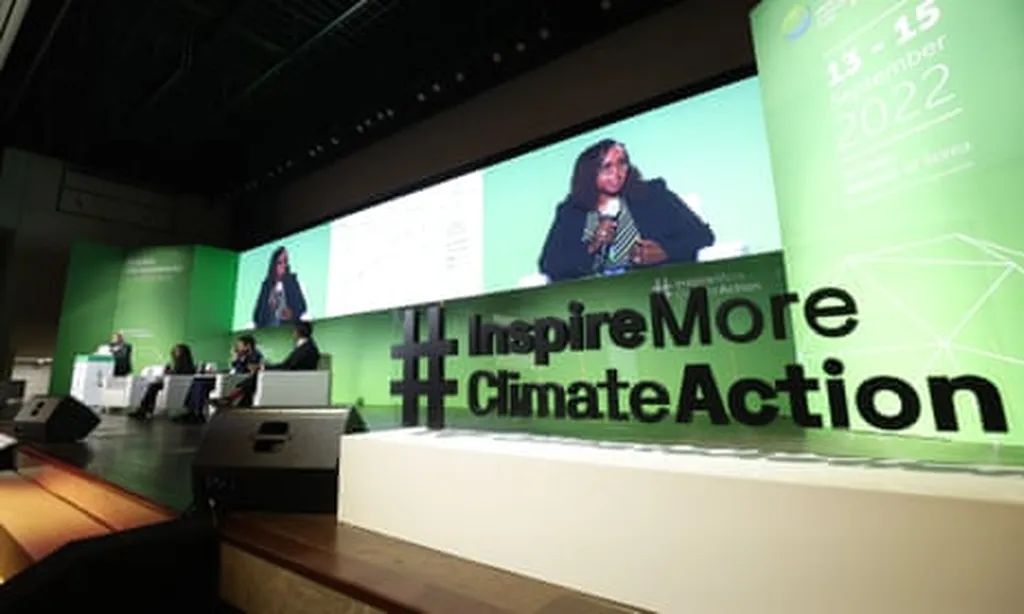The 4th International Electronic Conference on Agronomy, organized by the MDPI open access journal *Agronomy*, brought together researchers from around the world to discuss cutting-edge advancements in sustainable agriculture and related fields. Held online from December 2 to 5, 2024, the conference covered a broad spectrum of topics, including breeding and selection technologies, sustainable soil management, precision agriculture, and microbial-based biocontrol strategies. Among the notable presentations was one led by José David Flores-Félix, a researcher from the Department of Microbiology and Genetics at the University of Salamanca in Spain.
Flores-Félix’s work delved into the intricate world of microbial biology and its applications in agriculture. His research highlighted the potential of microbial-based biocontrol strategies to enhance crop resilience and productivity. “By leveraging the natural capabilities of beneficial microorganisms, we can develop more sustainable and effective solutions for pest and disease management,” Flores-Félix explained. This approach not only reduces the need for chemical pesticides but also promotes healthier soil ecosystems, ultimately benefiting both farmers and consumers.
The conference also explored innovations in precision agriculture, which uses advanced technologies such as sensors, drones, and data analytics to optimize farming practices. These tools enable farmers to monitor soil health, water usage, and crop growth in real-time, leading to more efficient resource management and higher yields. “Precision agriculture is revolutionizing the way we approach farming,” said one of the conference speakers. “It allows us to make data-driven decisions that improve productivity while minimizing environmental impact.”
Sustainable soil management was another key theme, with researchers discussing strategies to maintain soil fertility and prevent degradation. Techniques such as crop rotation, cover cropping, and reduced tillage were highlighted as effective methods to preserve soil health and enhance its ability to support plant growth. “Healthy soil is the foundation of sustainable agriculture,” noted a participant. “By adopting practices that protect and nourish our soils, we can ensure long-term productivity and resilience.”
The conference also addressed the critical issue of water use and irrigation. With water scarcity becoming an increasingly pressing challenge, researchers presented innovative solutions for water conservation and efficient irrigation systems. These technologies not only help farmers use water more wisely but also contribute to the broader goal of sustainable resource management.
The insights shared at the 4th International Electronic Conference on Agronomy have significant implications for the agricultural sector and beyond. As the world grapples with the impacts of climate change and the need for sustainable food production, the research presented at this conference offers valuable guidance for farmers, policymakers, and researchers alike. The findings were published in the *Biology and Life Sciences Forum*, known in English as the *Forum for Biology and Life Sciences*, providing a platform for further discussion and collaboration.
Looking ahead, the advancements discussed at this conference are poised to shape the future of agriculture. By embracing innovative technologies and sustainable practices, the agricultural sector can meet the growing demand for food while minimizing its environmental footprint. The work of researchers like José David Flores-Félix and his colleagues is a testament to the power of scientific collaboration and the potential for transformative change in the field of agronomy.

